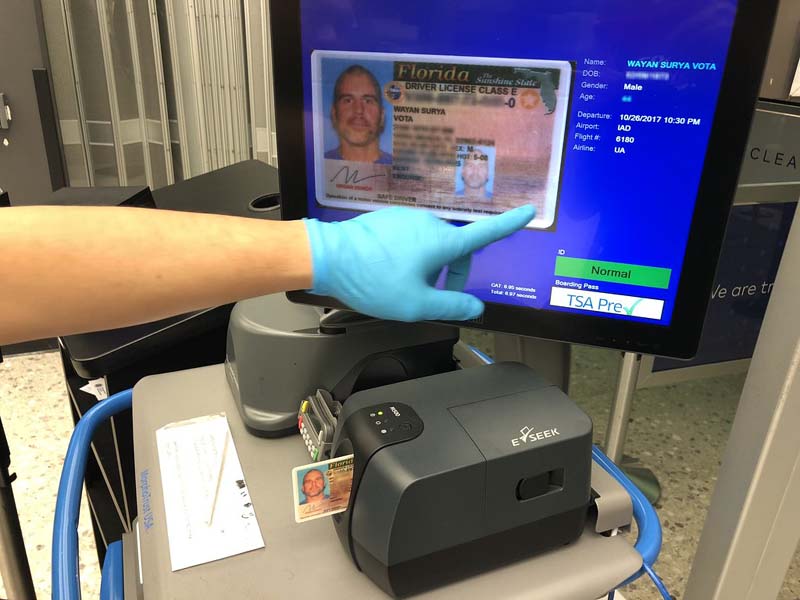If you own a business, you will want to select a phone service that suits your needs and budget. Here is some information about features, plans, and cost. Reliability is an important factor to consider when selecting your phone service. A reliable service will keep your employees connected. If you don’t have employees available to take calls, call routing can help ensure that calls are taken by a different employee.
Plans
There are many different options for business phone service plans. Some providers have a per-user fee, while others charge a monthly flat rate for a certain number of users. Most plans are divided into several tiers, with the base tier offering basic calling features and unlimited domestic calls. More advanced plans offer more features, including video conferencing, instant messaging, and CRM integration. However, these more expensive plans come with higher monthly fees.
If you’re looking for a low-cost service plan for your small business, consider Ooma’s base plan, which integrates with third-party CRM software. Other options include 8×8, a low-cost service that includes unlimited calling and video conferencing.
Features
A business phone service with an automated attendant is an excellent feature for improving the customer experience. This feature allows callers to quickly find the right department or person to speak with. It works by identifying a person’s first name, last name, or first three letters, and redirecting calls accordingly. This feature can also be set up to identify the caller’s location. In addition, callers can also select an extension to reach a specific department.
A modern business phone system must also support mobility. The number of remote employees continues to rise, and companies competing for top talent need to be able to accommodate this workforce. A business phone system with mobility capabilities can give employees the freedom to access the business phone line on any device, whether they’re on the road or at home.
Cost
A business phone system can be expensive, depending on the plan you choose and the number of users you need. Most business phone systems are available on a monthly basis, while others are available in one-time purchase packages for small teams. Prices will also vary based on the type of equipment you need and the number of users. Choosing the right phone system for your organization is essential to ensuring that your employees have all the features they need to run their business smoothly.
The cost of a PBX phone system is the most expensive type of business phone service. A typical PBX system costs between $800 and $1,000 per user. Although this price can be high up front, large businesses can expect to pay less per user, especially when compared to smaller businesses. The initial investment in a PBX system is often offset by lower long-distance and international costs down the road.
Reliability
Reliability is a key feature to look for when choosing a business phone service. Not only must calls be clear and high-quality, but the service should also have good uptime. For businesses with sensitive data, it’s also important to make sure the phone service provider follows industry standards. For example, medical providers should ensure that the phone service provider is HIPAA-compliant. Additionally, many providers use cloud-based telephone systems, which can be vulnerable to internet threats.
Reliability is often measured in terms of uptime, or the percentage of time that a VoIP phone system is operational. In addition to uptime, a VoIP provider should offer a guarantee of a certain amount of downtime. Another quality indicator to look for is call quality, which cannot be measured, but is important because poor call quality can make your business appear unprofessional and limit productivity.
Integrations
Integrations of business phone service are a great way to streamline your communications. For example, a voicemail-to-email integration allows you to receive voicemails as emails and have them transcribed. This feature can be useful for businesses that have trouble understanding accents or other unique aspects of the voicemail system. Another integration allows you to receive text messages or faxes as emails. These services also let you save data such as instant messages and fax documents in the cloud for easy access.
Cloud-based business phone services can be easily integrated with other business applications. For example, you can use these tools in tandem with sales and customer support software. This can help your sales and support teams manage their calls without having to leave your business. Integrations of business phone service can also be customized to fit the specific needs of your business.



